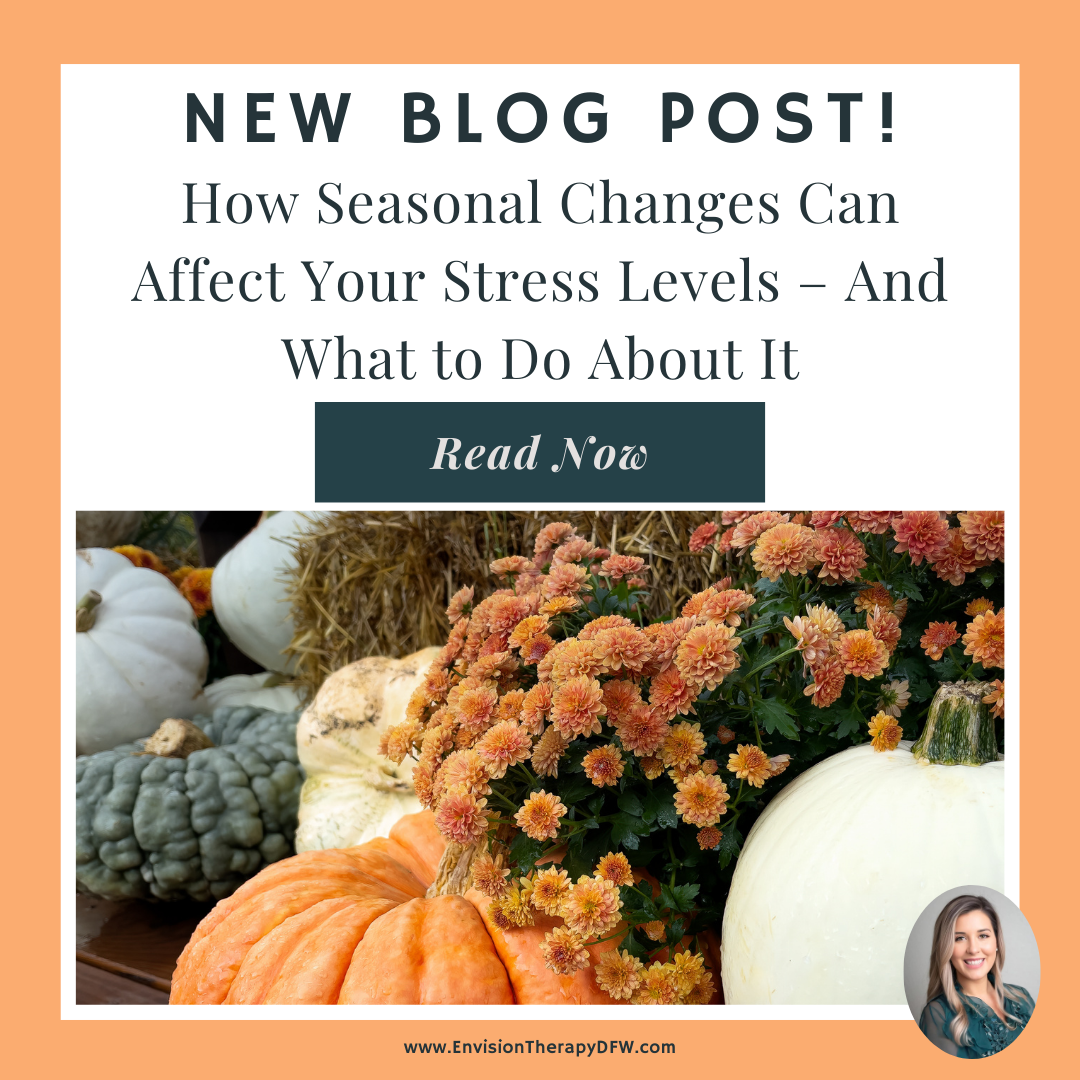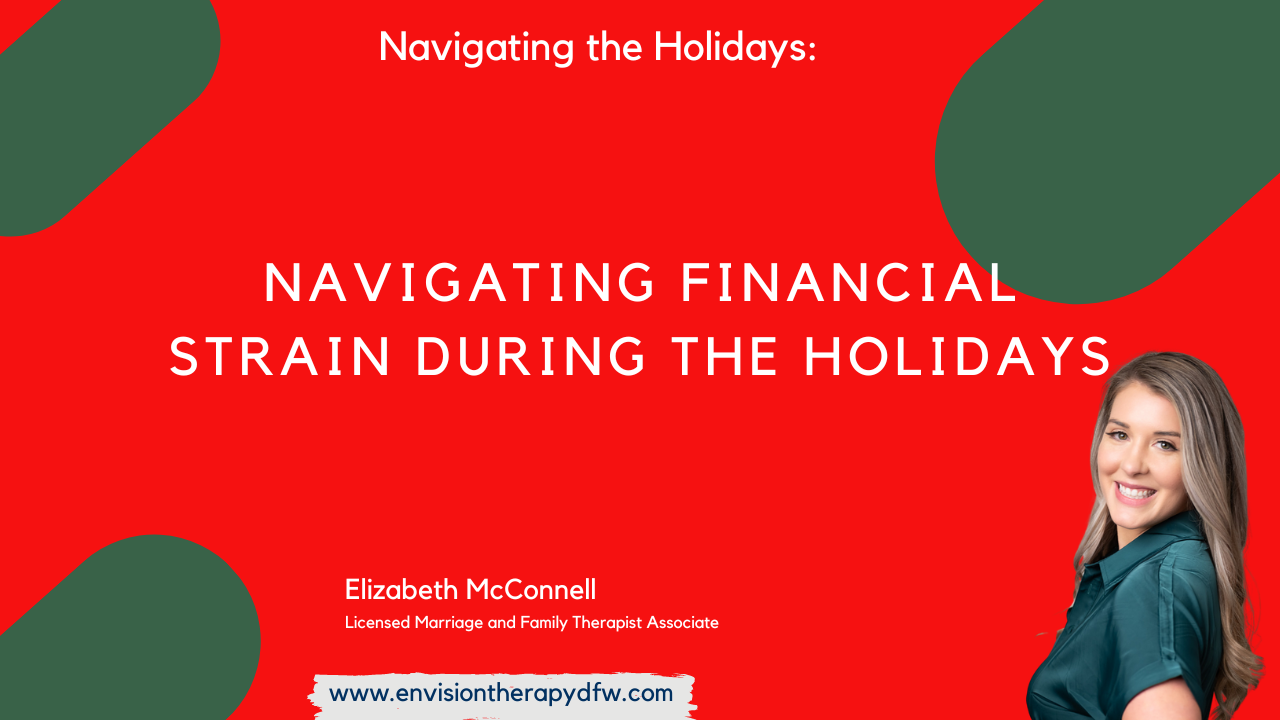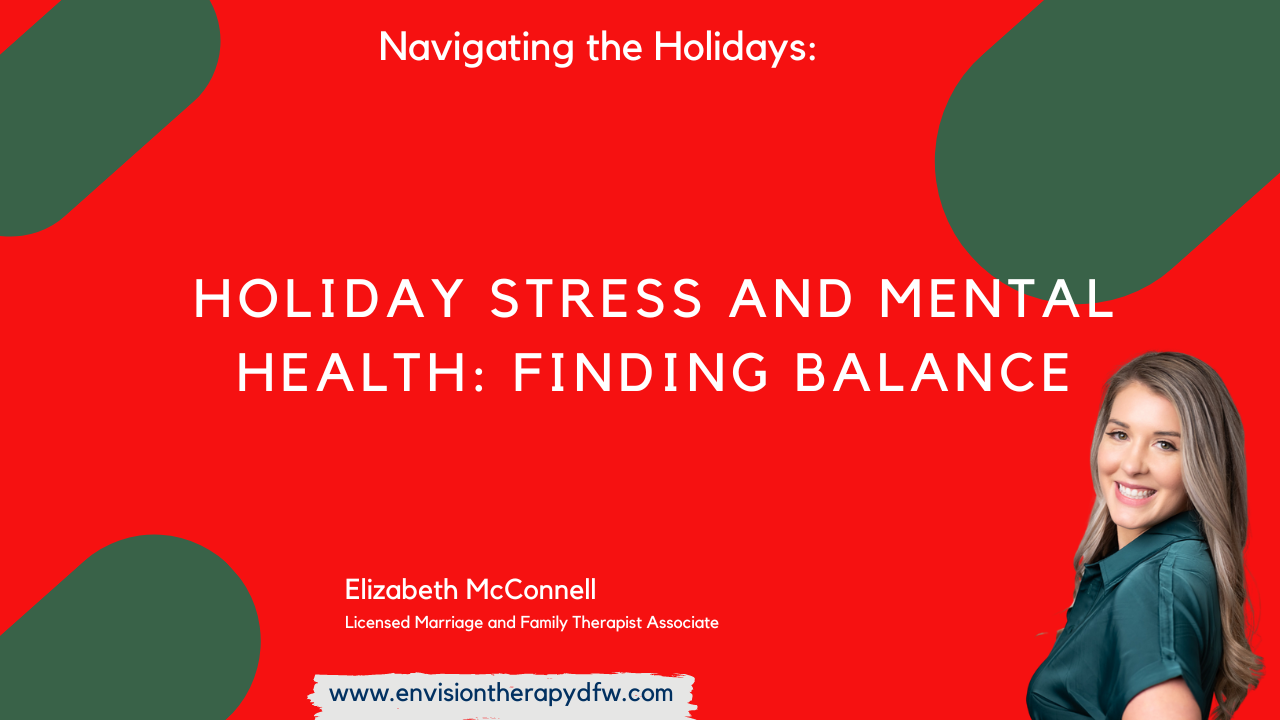-

10 Signs Your Teen Is Uncomfortable and How to Help During the Holidays
•
Family holidays are a time of joy but can also bring moments of discomfort, especially for teens. As parents, it’s crucial to know how to spot when your child is uneasy around someone, even if they don’t say a word. From avoiding eye contact to restless movements, these signs can be subtle yet telling.…
-

Navigating Family Conflict with Your Teen During the Holidays
•
The holidays are a time of joy, but they can also bring out family conflict, making gatherings stressful for teens. As parents, our job is to protect them from this tension and provide a safe, supportive experience. This blog dives into practical strategies for managing family dynamics, from setting boundaries with intrusive relatives to…
-

10 Proven Techniques to Reduce Stress in Your Daily Routine
•
Stress doesn’t have to control your life. This article outlines 10 proven techniques to reduce stress in your daily routine, from deep breathing to mindful time management. These strategies will help you navigate your day with more ease and calm, whether you’re at work, at home, or on the go. Take the first step…
-

How Seasonal Changes Can Affect Your Stress Levels – And What to Do About It
•
Seasonal changes can significantly impact our stress levels, with reduced daylight, colder weather, and holiday pressures all playing a role. In this article, we explore why these seasonal shifts affect us and offer practical techniques to help you stay grounded. Whether it’s using light therapy, adjusting your exercise routine, or practicing mindfulness, these simple…
-

How Seasonal Changes Can Affect Your Stress Levels – And What to Do About It
•
Seasonal changes can significantly impact our stress levels, with reduced daylight, colder weather, and holiday pressures all playing a role. In this article, we explore why these seasonal shifts affect us and offer practical techniques to help you stay grounded. Whether it’s using light therapy, adjusting your exercise routine, or practicing mindfulness, these simple…
-

Navigating Financial Strain During the Holidays
•
The holiday season is synonymous with joy, gratitude, and shared moments with loved ones. However, for many individuals facing economic challenges, the festivities bring an additional layer of stress and anxiety. The financial demands associated with gift-giving, travel, and holiday-related expenses can cast a shadow on the seasonal cheer, making it essential to find…
-

Holiday Stress and Mental Health: Finding Balance
•
The holiday season, which is typically hailed as a time of joy and celebration, can be particularly challenging for individuals grappling with mental health concerns. With all of the festive decorations and cheerful gatherings, the pressures associated with holiday preparations can intensify the struggles of those dealing with anxiety, depression, and other mental health…
-
Simplifying the Season: Practical Steps for ADHD-Friendly Holidays
•
The holiday season can be stressful for individuals with ADHD due to sensory overload, demand for organization, and heightened social interaction. Practical strategies to alleviate these challenges include planning and prioritizing activities, using visual reminders, scheduling regular breaks, communicating personal boundaries during social gatherings, and embracing the concept of simplicity. These strategies can make…
